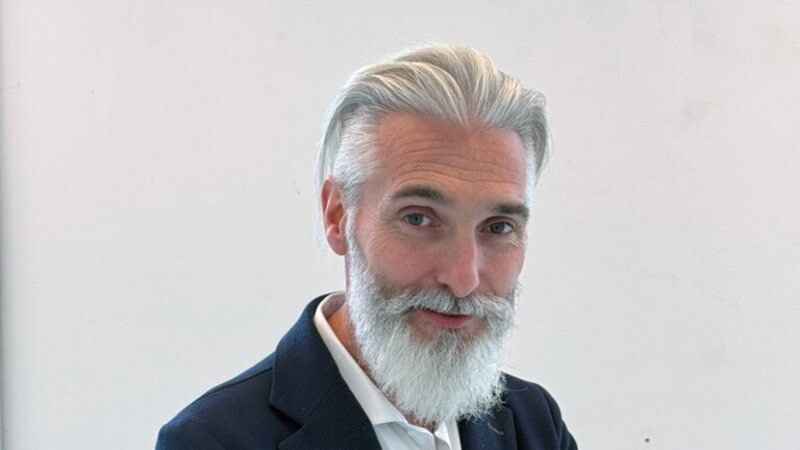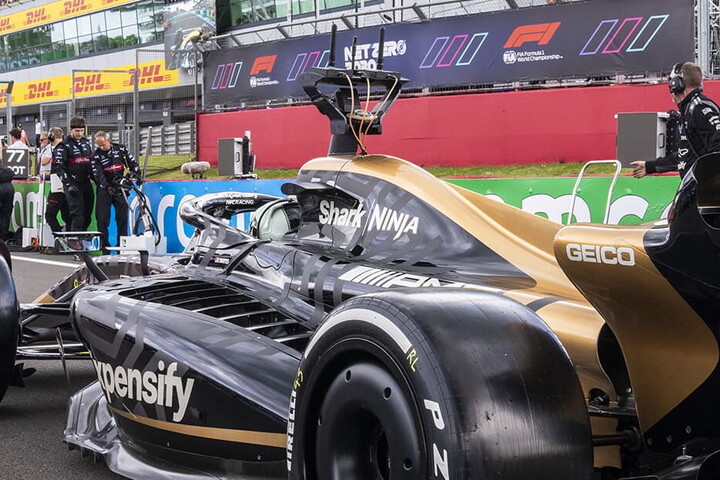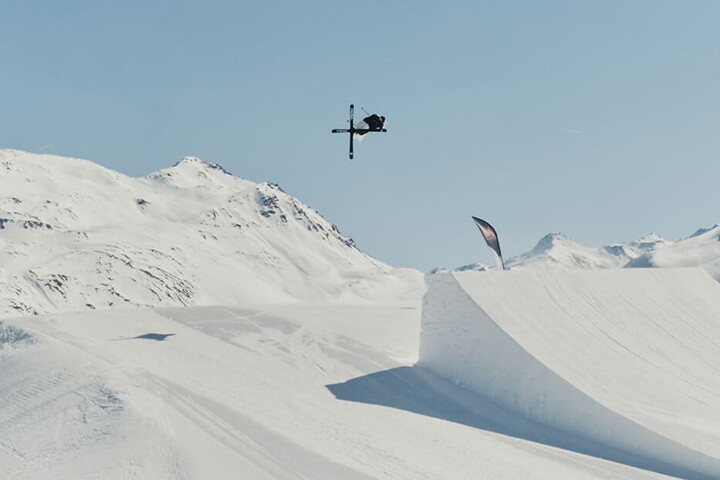For Pirelli, a company that thrives on technological innovation, manufacturing is always on the move. Today, as digital technologies enable the company to rethink how it makes its products, the department is accelerating towards greater sustainability, cost optimisation and enhanced customer service, while continuing to strive for efficiency, quality and productivity. We spoke to four Pirelli specialists within Manufacturing, a department that employs 21,000 people across 18 plants in Europe, North America, Asia Pacific and South America. Their widely differing roles demonstrate the enormous breadth of opportunities within this key department.
Learning on the shop floor
Alejandra, an industrial engineer manager, studied industrial engineering at university before joining Pirelli Manufacturing in Mexico in 2014. During her time in Mexico she had the opportunity to work as a shop-floor manager, which gave her invaluable first-hand experience at the frontline of manufacturing.
“Initially it was a shock, but it was great preparation for becoming an industrial engineer manager,” she says. “The most important lesson I learned was that the people were more important than any of the machines or tools in the factory.”

Today, Alejandra is based in Milan, where she is working on the 2026–30 strategic roadmap for Pirelli's factories. She is seeking ways to use new data-rich technologies to increase automation in the manufacturing process. Engineering specialists introduce new technology and explain how it works, then Alejandra and her team analyse it, explore the industrial efficiencies and cost optimisation that can be achieved, and use the data to generate more ideas for improvement.
Being up to speed on emerging technologies is an exhilarating challenge for Manufacturing specialists and requires constant flexibility and adaptability. “The world is changing really fast and we have to keep up,” Alejandra says. “You might be working on something one day and then the next day you find a better way to do it and so you have to start again. It's the best challenge to have.”
Harnessing artificial intelligence
The expertise of specialists like Milan-based artificial intelligence (AI) engineer Silvano lies at the heart of Pirelli's push towards new technology. To give one example, AI-powered systems can now check tyres at the first stages of manufacturing to identify any defects, such as tiny holes in the liner, and prevent the production of a defective batch.
“By doing this we avoid wasting materials, cut the cost of people checking tyres and prevent a defective tyre going through the manufacturing process,” explains Silvano, who works in Smart Systems, part of the Manufacturing Intelligence team. “It really improves efficiencies and adds value.”

Silvano joined Pirelli in 2022, after achieving a Master's in AI at the Polytechnic University of Milan, one of Pirelli's key research partners. He was impressed by the company's approach. “I was really struck that a manufacturing company like Pirelli was investing in cutting-edge technology like AI,” he says. “Very few companies at that time were showing such an interest, so I was interested in finding out what Pirelli was doing.”
Thriving on complexity
It's true that Pirelli's focus on new technology and digitalisation extends right through the company's way of working. A key priority for Paola, capacity planning and complexity manager, is how to match complex manufacturing requirements and new technology with customer needs while staying competitive on costs. It's a mission that requires regular engagement with specialists company-wide.

She contributes to production based on which tyres are needed when, where and in what quantities, collaborating closely with colleagues in areas including Quality and R&D. There's no such thing as a quick fix when it comes to such complex systems. “It's not a simple, standard ‘plug and play' solution that we can put into every Pirelli factory,” she explains. “It requires the deeper study of every plant, starting with the biggest one in Romania. This is not a sprint, but a marathon.”
The quest for sustainability runs right across Manufacturing. Paola, an industrial engineer who joined Pirelli on an internship in 2010 and moved from mould planning through industrialisation to supply chain and now manufacturing, with a period of maternity leave, is directly involved. All factories are being converted to use electricity from renewable sources rather than steam for the curing process, reducing the energy consumption per piece and CO2 emissions. Paola is managing the plants' capacity and the introduction of new materials for tyre making.
“The new, more sustainable materials we introduce must be really well balanced with traditional materials and we are managing this transition period,” she says. “I think we are all really proud to be on this path. Everyone in Pirelli feels it is the right direction and fully embraces the sustainability targets.”
Next-generation engineering
Pirelli's manufacturing specialists are driving change so fundamental and far-reaching that the company is reinventing the world of modern engineering. One person with first-hand experience of this transformation is Christian, head of concepts and digital twin in Milan. He joined Pirelli in 2016 and came with considerable experience having been a supplier to the company for a number of years. Starting in R&D, he worked with a team developing the design of the sensor for the Pirelli Cyber™ Tyre – “it's called margherita which is Italian for ‘daisy'!” – and has a handful of patents to his name.

With a passion for mechanics and their constant evolution, Christian thrives on the forward-looking nature of his role, working on groundbreaking technology to take Pirelli's “Future Factory” from vision to reality. The digital models he uses can be populated with real-time data, allowing experts to see what is happening in the factory as it happens, and to simulate a range of scenarios to facilitate complex forward planning.
“With the digital twin I think we are in a very special period where the process of engineering and digitalisation merge,” Christian emphasises. “This is the most incredible and interesting part of my job as I can share information across Manufacturing and acquire information from other departments. The traditional work of engineering has died and this really is the future.”
Embracing curiosity
In the midst of so much radical change, what qualities do you need to excel in Manufacturing?
"You should really have a passion for complex systems,” Paola advises. “Don't be scared by challenges. Have your own initiative and curiosity to go beyond the limit of your immediate task.”
Make sure you are grounded in reality, says AI engineer Silvano, “because what you are building will be deployed in factories and used in real life every day.”




